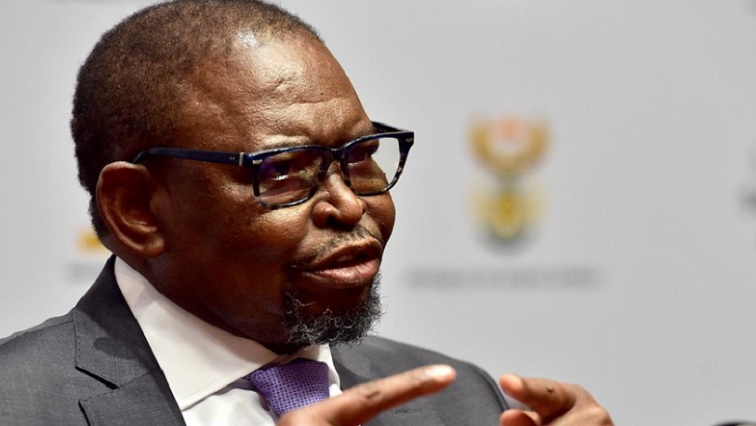Finance Minister, Enoch Godongwana, will have a tough balancing act as spending priorities compete for limited resources, when he delivers the Medium Term Budget Policy Statement on Wednesday.
Economists believe that top of the agenda of National Treasury’s plan over the medium term, will be the Eskom debt, the public wage bill and social relief amid the rising cost of living and high unemployment.
The Medium Term Budget Policy Statement comes against the backdrop of a challenging economic environment.
The global economy is slowing, and financial conditions are also tightening.
The cost of living is rising as a result of increasing food and fuel prices, exacerbated by the war in Ukraine.
The National Treasury is expected to revise downward expected growth, as the intense load-shedding continues to drag growth.
It’s expected, however, that revenue expectation will be higher than February estimates.
Economists say personal income tax and value added tax remain robust.
Corporate income tax is supported by a boom in commodity prices that lifted revenue from mining houses.
Jannie Rossow is a visiting professor at the Wits Business School: “South Africa is in for a sustained period of low economic growth for the reasons that you’ve mentioned and to that of course you have to add the fact that Eskom cannot supply on an uninterrupted basis enough electricity for the economy. So, the government would be bluffing itself and the South African taxpayers if the government gives an impression that the economy will grow at a much faster rate. Unfortunately South Africa’s growth potential has now declined between 1% and 1,5% per year on a sustained basis over a period of time. Government must accept that and plan accordingly for at least the period of the MTBPS. Say, the next 3 or 4 fiscal years.”
Top among the government’s competing priorities is Eskom’s R400 billion debt.
Government has also been pressured by lobby groups to introduce a basic income grant, a move some say the state can ill-afford.
Labour unions are also putting pressure for a higher wage settlement.
Chief Economist at Citadel, Maarten Ackerman says: “On the expense side unfortunately it’s been tough. The big ones like you’ve mentioned are the wage bill and the negotiations about salary increases. Currently, that makes 40% of the budget. So, if we can’t get that under control then it takes money away from where we need to spend on things like infrastructure and healthcare and the like.”
Ackerman adds: “The other thing that’s quite big this year is further support to a lot of the SOEs and also relief during the KZN floods, and now we are in a situation where you know Transnet is also looking at potential support. Otherwise they might become another Eskom so to speak. So, government expenses are under pressure and that’s why in terms of wage negotiations they want to avoid strikes as far as possible. But you want to get to something that’s sustainable so that we can actually get the debt-to-GDP under control.”
The fiscal deficit and debt ratios will likely show some improvement on the back of better than expected revenue collection. But, the high debt levels and servicing costs remain a problem.
Investec’s Chief Economist, Annabel Bishop says: “We think that debt and deficit ratios will come out lower than what previously forecasts. This obviously would move or is a move towards fiscal consolidation for South Africa and also of course as well will affect the next couple of years as well. However, there is, of course, the risk of high borrowing costs persisting for longer and no doubt National Treasury will factor this into their expenditure and revenue forecast which will cut out some of the downward movement that we might have seen in the fiscal indicators.”
Economists say if the government continues with the right structural reforms like interventions in energy generation recently announced, then economic growth could likely rise to levels that could make a difference to socio-economic challenges.


